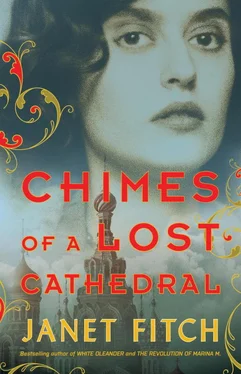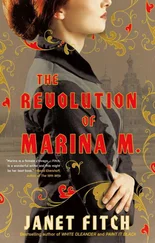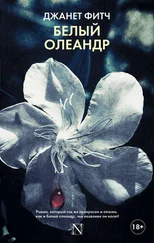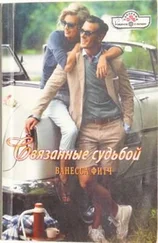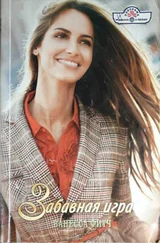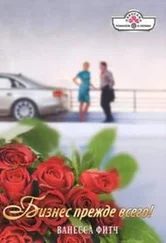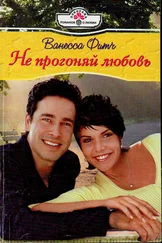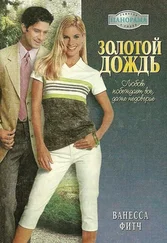Here’s a joke:
Do you know why there are no more horses in Petrograd?
Because horses have to be fed.
Where men can live on just the hope of it.
Doesn’t that just split your sides?
I should have left you with One-Arm,
that humorless chump
But I’m a demon of vanity.
I was sure if I said
it would be all right,
it would be.
I see you still
on the Chernyshevsky Bridge,
the moon on the ice,
frost on your lashes.
I lay back on the pillow, looking into the trees, baby at my breast, the midwife pouring milk into a bowl. Long-haired birches streamed. So my Stenka Razin had once again thrown his Persian bride to the deep. Proving his loyalty to his brothers at the expense of his love. He was the tenderest of souls and yet, if vanity was at stake, he would walk into hell itself with his chin held high. I could imagine them watching him—Yermilova, Antyushin—reporting back to Moscow on what he’d done, their poet, their great-voiced embodiment of the Soviet dream. How pleased they must be with their Stenka. The train, vanishing over the Urals, red flags ablaze.
At least he remembered the frost on my lashes!
Genya, Great Rus. Throwing himself under the train—but only in verse. No Anna Karenina. She was a woman, caught as a woman, bearing the full brunt of it, not some full-throated giant in the prime of his life, able to stir the masses like thunder. That overgrown baby! Kolya would never have left me like this, in labor alone in a hut in the forest. He would at least have pressed papers into my hands, money, something I could use, some way to get home. While Genya spent the night writing a poem.
I gazed down at Iskra, nursing, and thought back to how I’d left her father on the platform in Tikhvin. Her mama was a fool indeed.
I had to get up, start thinking clearly. I motioned for the midwife, whose name was Praskovia. She took Iskra, helping me stand, firm arm under mine, as hard as wood. I noticed I was wearing a pretty linen shift that wasn’t mine, a dazzling white. I stood at the open doorway, admiring the trees, the birches’ long boughs streaming, and watched the old lady briskly change Iskra on the bench. Cleaning her, wiping, the new diaper, folding her back into the swaddling cloth. I would never be able to do this. Never. “Can we leave her free for a while?” I asked. Even my voice was unsteady.
“Free?”
“Unwrapped?”
“Babies like to be swaddled. It keeps them calm.” She said it in a way that invited no discussion. I wished Avdokia was here, she was easier to cajole. But where once I would have argued, now I simply watched her wrap Iskra smartly—like watching someone with clever hands make a bed.
I stepped outside—would she stop me? Was there yet some new prohibition I was violating? Some Bannik I was insulting? But the old woman seemed to have relinquished her prohibition on the out-of-doors, and I planted myself on a rough bench, facing the trees. She brought me the neatly wrapped package of my child. Did you really put her in the stove? I wanted to ask. Iskra gazed up at me, entranced, or perhaps it was just the sun-dappled light overhead. I felt suddenly like a fraud, bankrupt—what did I have to give this trusting creature but the lostness of myself? My sack was empty. Red dust.
The midwife sat down next to me, her big work-roughened hands splayed on her knees. We stayed like that a good long while, just listening to the songs from the fields and the wind in the trees. There was something she wanted to say, she was turning it around in her mind’s hands, trying to find the right place to begin. She plucked at her apron, and tucked the swaddling cloth around Iskra once again, when it was perfectly tight. “What do you think you’ll do now?” she asked finally.
Iskra was wondering the same thing, her clever moss-green eyes, so much like his merry blue ones. Was it that the old woman wanted me to leave? After all, I’d been lying here almost two weeks, raving, hitting her, sleeping in her hut, eating her food—yes, I must have been eating, I wasn’t particularly hungry. They had their crops to get in. Was she telling me it was time to move on? Fear and regret ran down my head and shoulders like cold water. I wasn’t ready to go, I could hardly stand. I had no plan. “Head home, I guess,” I said.
“And where is that, devushka ?” Her face, not unkind.
“Petrograd,” I said.
She sighed, gazing up into the trees. “And how will you go so far, with that tiny morsel?”
It was a good question. How would I navigate the crowded, wretched stations, the waiting, the hellish rush for the trains? I remembered well the day Kolya and I watched that tide of humanity fight its way onto the carriages at Nikolaevsky station. Could I do that alone, with a newborn in my arms, no help, no friends, no food—no money? I kissed Iskra’s tiny face, her body all bundled up like a cigar, head popped out the top like the bulb of a lollipop.
“There’s a woman,” the midwife spoke slowly, I could see the cautious lines of her mouth. “Here in the village. I told her about you, about the child.”
A strange buzzing in my ears. The wind rustled the birches, the pines nodded sadly.
“A good woman,” she said, gently touching my arm. “Her husband’s too old for the draft. The baby would be safe with them, dear. It’s not Petrograd, but she’d have a good life.” She sighed, the weathered crevasses in her skin as deep as canyons. She’d seen her share of the trouble that human beings could find themselves in.
Leave Iskra—was that what she was saying? Walk away from my redheaded baby? She smiled, but her eyes were sadder than ashes. She wasn’t asking me to abandon my baby, she was simply pointing out my position, trying to save me and the child both, just as she had in the bathhouse. Trying to say that Iskra would have a chance here. A chance to grow up. A chance to be taken care of by someone who knew something about babies, the type of woman who would never find herself in my situation. This wasn’t meanness, I told myself, just pure earthy practicality.
I saw myself as I must seem to her, a headstrong girl, unfortunate, luckless. No money, no people. Planning to drag a newborn child across a vast continent in wartime, taking filthy, crowded, disease-ridden trains to a future that was at best uncertain—and that would most surely involve cold and deprivation in a dangerous city, at a dangerous time. I forced myself to imagine earning my fare and my food begging in railway stations. Perhaps displaying my baby’s hideous diaper rash for a few kopeks. Or begging in villages from those who had little themselves. Praskovia’s sorrowful expression told me: When she dies this time, you will have to bury her yourself, with your own hands, in a field.
But when I looked down at Iskra, mesmerized by the shifting coins of light, I couldn’t imagine leaving her. The midwife thought it for the best, Iskra raised by a good Christian woman like herself or one of her daughters—round-faced, upright, clean women. She must think, What could be better than growing up sturdy and healthy in green fields, swimming in the river, cutting rye into shocks to dry in the sun, singing in harmony with women she’d grown up with, spinning the flax? The regular calendar of Saints’ Days and feasts. Surely that was better than the hardship of life in the city with its inedible food and unheated rooms and poor clothes, typhus and cholera.
But I had visited izbas full of sick children, huts where women sat meekly at the foot of the table while their ignorant husbands intoned their vile, reactionary views. Demanding service and threatening beatings.
Читать дальше
